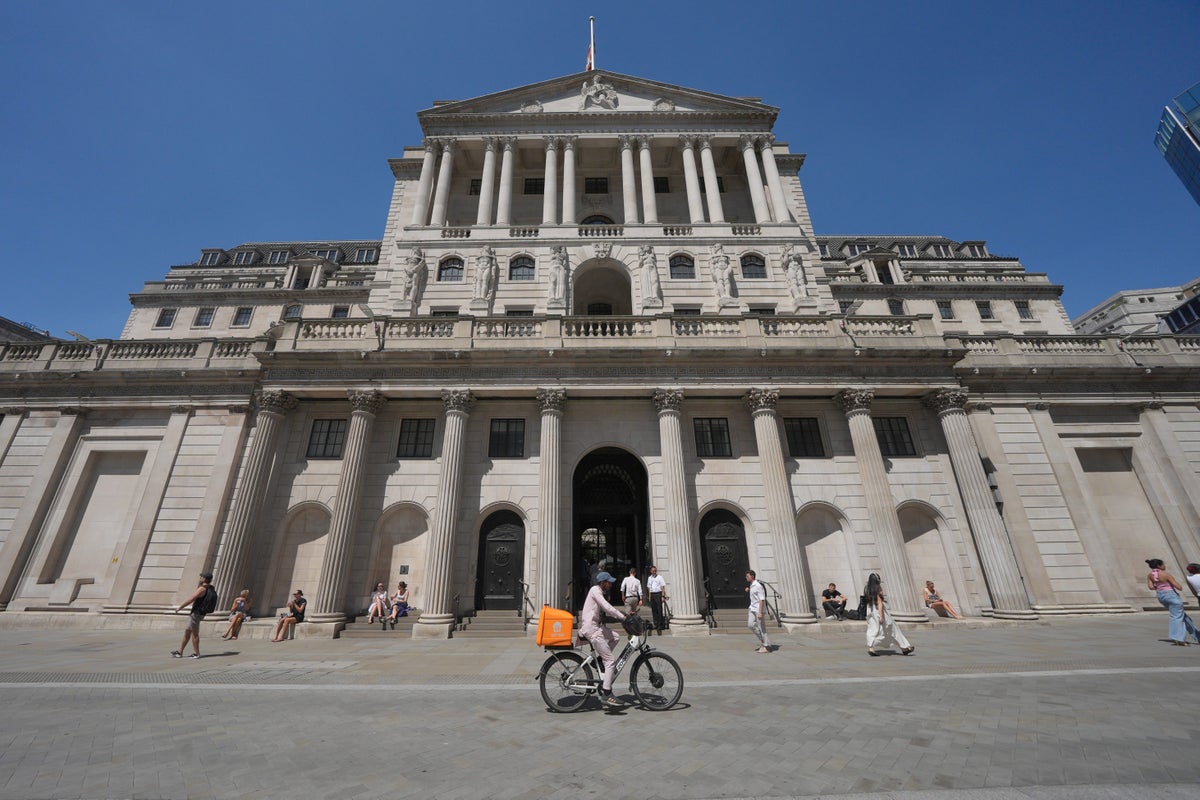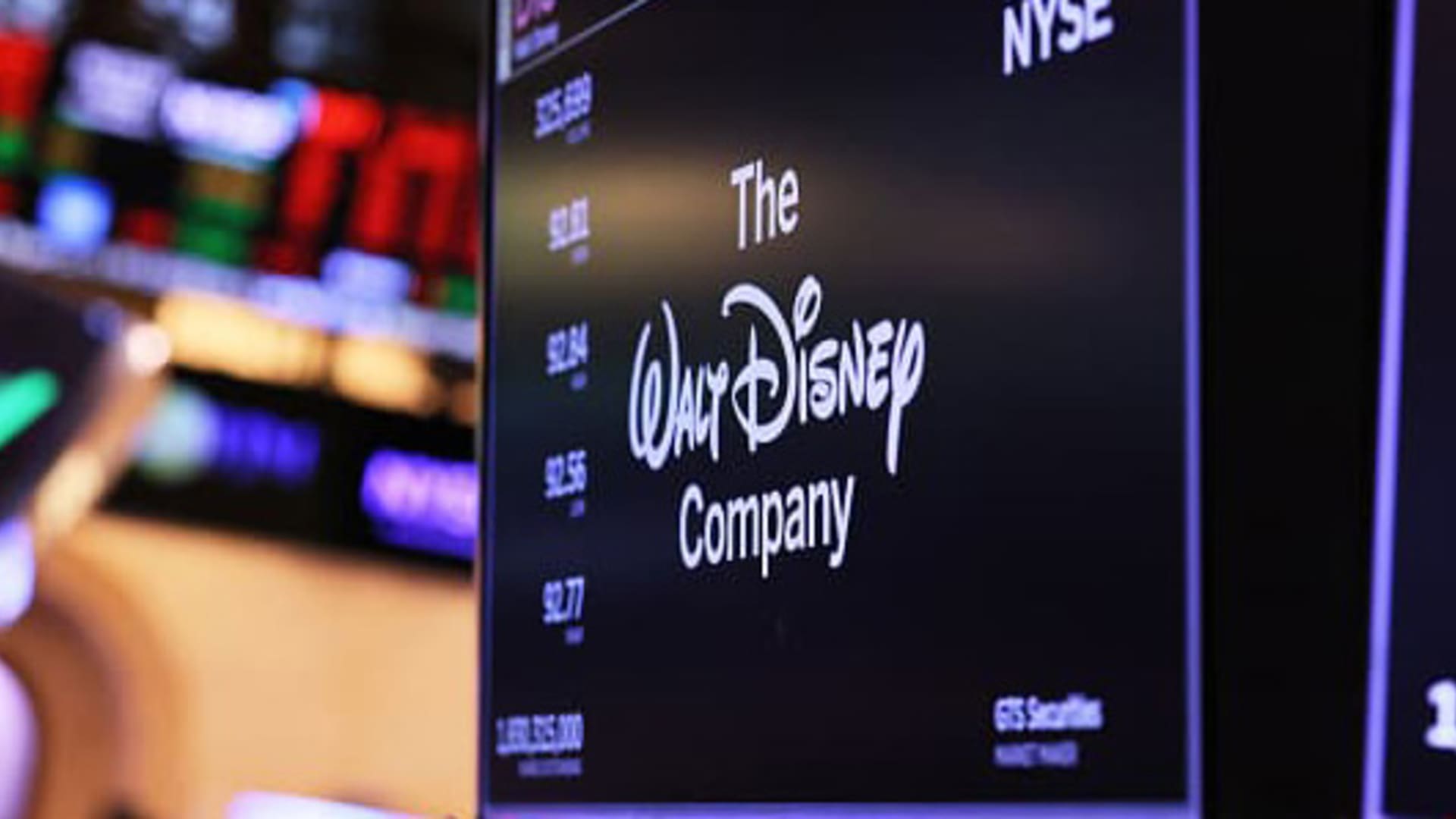JPMorgan Chase said Friday that fourth-quarter profits declined after paying a $2.9 billion fee tied to government seizures of failed regional banks last year.
Here's what the company reported versus what analysts surveyed by LSEG, formerly known as Refinitiv, expected:
- Earnings per share: $3.04, may not compare to $3.32 expected.
- Revenue: $39.94 billion vs. $39.78 billion expected.
The bank said quarterly profit fell 15% to $9.31 billion, or $3.04 per share, from a year earlier. Excluding the fee tied to the regional banking crisis and $743 million in investment losses, earnings would have been $3.97 per share, according to JPMorgan.
Revenue rose 12% to $39.94 billion, beating analyst expectations.
JPMorgan Chief Executive Jamie Dimon said full-year results hit a record because the largest U.S. bank by assets performed better than expected in net interest income and credit quality. The bank said it generated nearly $50 billion in profits in 2023, of which $4.1 billion came from First Republic.
Just as it did during the 2008 financial crisis, JPMorgan emerged larger and more profitable from last year's regional banking chaos after acquiring First Republic, a midsize lender to wealthy coastal families. The Federal Deposit Insurance Corporation hit big U.S. banks with a special assessment to replenish losses from a fund that helped uninsured depositors of seized regional banks.
JPMorgan shares rose 1.9% in premarket trading.
Despite his bank's performance, Dimon took a cautious attitude toward the U.S. economy.
“The U.S. economy remains resilient, consumers continue to spend, and markets are currently expecting a soft landing,” Dimon said in the statement.
But deficit spending and supply chain adjustments “can lead to inflation being stickier and rates higher than markets expect,” he said. Risks to markets and economies include moves by central banks to curb support programs and wars in Ukraine and the Middle East, she added.
“These significant and somewhat unprecedented forces cause us to remain cautious,” he said.
While the bank has deftly navigated the rate environment since the Federal Reserve began raising rates in early 2022, its smaller peers have seen their profits shrink.
The industry has been forced to pay for deposits as clients shift cash into higher-yielding instruments, squeezing margins. At the same time, rising yields mean bonds owned by banks have fallen in value, creating unrealized losses that put pressure on capital levels.
Concerns are also growing about rising losses from business loans, especially office building debt, and higher credit card defaults.
Beyond guidance on net interest income and credit losses for this year, analysts will want to hear what Dimon has to say about banks' efforts to temper upcoming increases in capital requirements.
Battered bank stocks rebounded in November on expectations that the Federal Reserve had successfully managed inflation and could cut rates this year.
JPMorgan shares rose 27% last year, the best performance among its big bank peers and outpacing the KBW banking index's 5% decline.
This story is developing. Please check for updates.
Don't miss these CNBC PRO stories:









